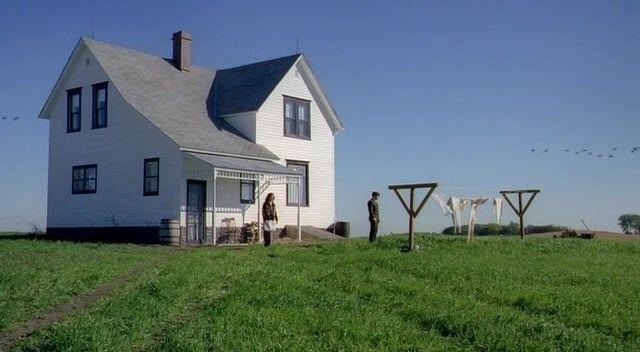In recent years, American conservatives seem obsessed with lamentation. Intellectual magazines and other outposts of conservative intellectualism have promoted several narratives of national decline which lift up a mythic American past to contrast with a supposedly dreary American present. But scratching beneath the surface, there is nothing particularly innovative about concerns for American deracination such as those expressed by Notre Dame political theorist Patrick Deneen. In fact, writers from that supposedly glorious past, such as Norwegian-American novelist O.E. Rølvaag, explored themes of American alienation decades before the current generation of conservative intellectuals was even born. Not only is their work more original and interesting, it also offers better solutions to the problems the American republic faces today.
Login to read more
Sign in or create a free account to access Subscriber-only content.
Topics:
